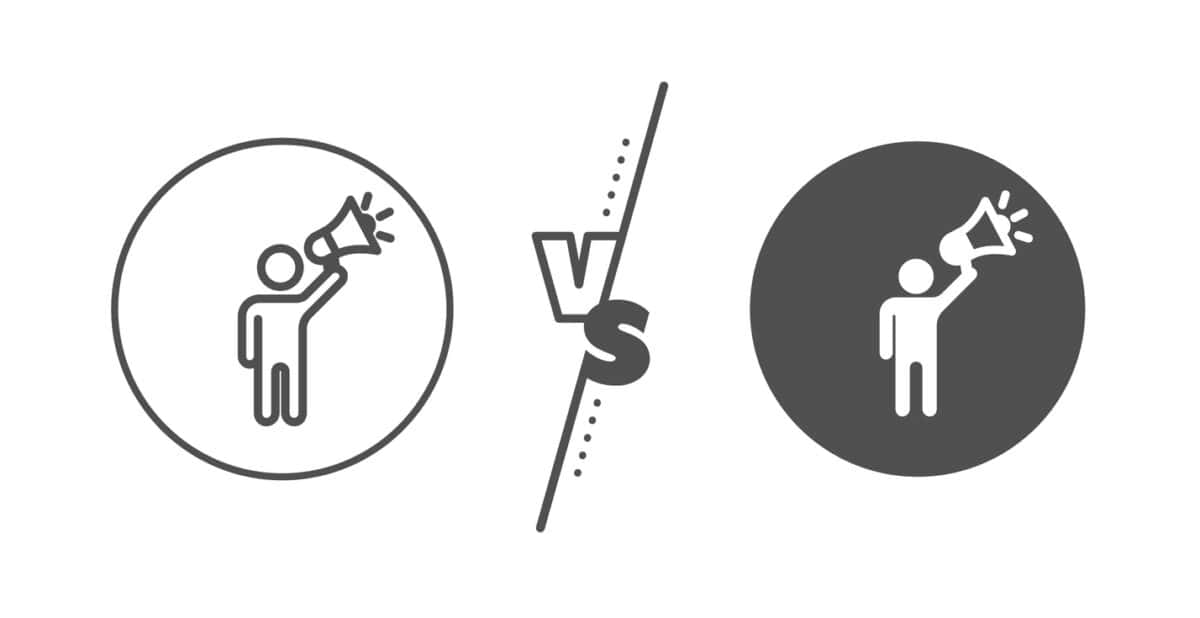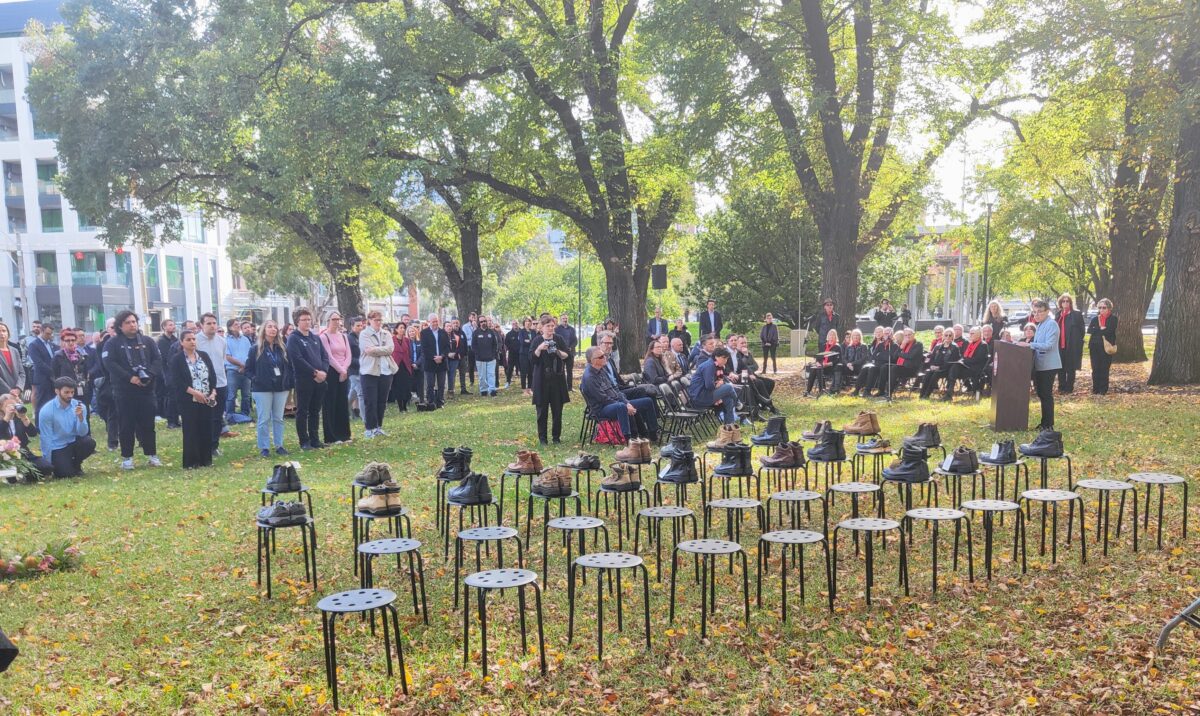I have liked James Lovelock ever since I heard about his Gaia Hypothesis in the brilliant English political drama, Edge of Darkness. I am not happy with all of his intellectual positions. I baulk at nuclear power from the unique Australian position of being nuclear-free but still exporting uranium. But as I finish reading the latest biography of him, I am starting to realise what I have learned.
Category: politics
Tough questions about psychosocial safety and health
Over the next week or so, SafetyAtWorkBlog will be focusing on the issue of psychosocial hazards and psychological risks at work, as we cover the Psych Health and Safety Conference in Sydney. These risks and hazards are the most pressing topic in occupational health and safety (OHS) at the moment, with an increased demand for solutions from workers and the community, as well as heightened expectations for regulatory compliance. I apologise for this intense focus, but I welcome your comments and participation.
I will start by posing this question:
“The Australian approaches to psychosocial hazards and psychological safety in Human Resources and Work Health and Safety have been siloed in the past. Are the approaches getting closer? Is there more cooperation between the two or are the two disciplines’ aims still too different?”
NSW Bickers Over Psych Comp Costs While Ignoring the Cure: Safer Workplaces
Currently, workplace politics in New South Wales are wrapped up in arguing about changes to the way workers’ compensation covers those with a psychological injury. The justification, as it was with similar issues in Victoria last year, is that the growth in workplace mental health claims apparently jeopardises the viability of the workers’ compensation scheme. These arguments exclude the long-term occupational health and safety (OHS) solution to the problem, and it is not as if governments were unaware of this emerging financial challenge.
Stakeholder vs. Shareholder: The Capitalism Clash Shaping Safer Workplaces
Elements of Andrew Hopkins’ latest book have been spinning in my head for a couple of weeks as they echo my thoughts on occupational health and safety (OHS) over the last few years. I cannot shake his discussion of stakeholder capitalism and shareholder capitalism. These two elements of business management are crucial to our understanding of OHS and how we should proceed, particularly in relation to psychological health.
Boeing’s failures illustrate fundamental flaws in modern business values
Andrew Hopkins’ new safety and management book has landed. It is perhaps his most powerful critique of modern safety-related corporate management as he identifies “big picture” socioeconomic and political factors that directly affect executive decisions. By examining the 737 MAX aeroplane crisis of over 340 customer deaths that Boeing could have prevented, Hopkins discusses the hazardous managerial ideologies that have been idolised and are likely to be present in most companies created in the last 40 years.
The book has aviation in the title, but this is far more than a book about aeroplanes.
Workplace safety, AI , and what the Victorian Premier said
Last week’s International Workers’ Memorial Day in Melbourne is stuck in the back of my mind, niggling into my thoughts. I reread the article I wrote at the time and realised that it did not outline what was said by Victorian Trades Hall Council Secretary, Luke Hilakari or the Premier, Jacinta Allan. Below are my takeaways from Hilakari’s speech and a slightly edited transcript of the Premier’s speech.
What does the Labor Party landslide win mean for work health and safety?
This weekend, all the talk in Australia has been about the massive and unexpected electoral swing to the Australian Labor Party (ALP) in the federal election. Most pundits were expecting a majority government, at least, but now the ALP has a substantial majority in the House of Representatives. Possible constraints from a new Senate have yet to be identified.
But this blog is about occupational health and safety (OHS), so why start with an election summary? Industrial relations and, therefore, OHS were almost entirely absent from the election campaigns.







